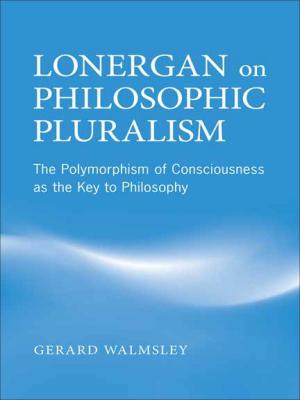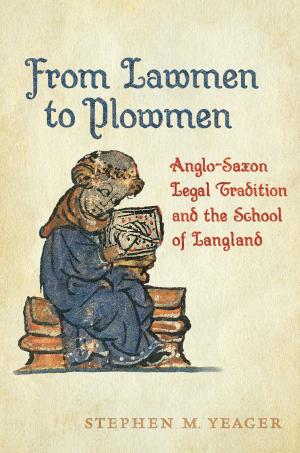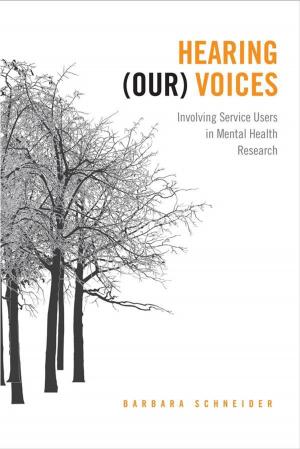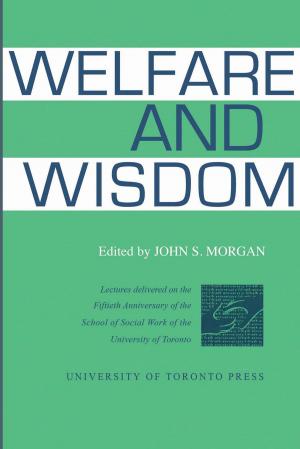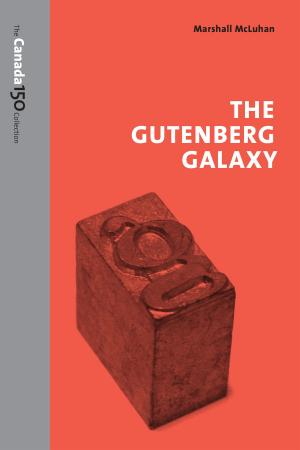Misunderstanding Cults
Searching for Objectivity in a Controversial Field
Nonfiction, Social & Cultural Studies, Social Science, Sociology, Marriage & Family, Religion & Spirituality, New Age| Author: | ISBN: | 9781487598440 | |
| Publisher: | University of Toronto Press, Scholarly Publishing Division | Publication: | December 1, 2001 |
| Imprint: | Language: | English |
| Author: | |
| ISBN: | 9781487598440 |
| Publisher: | University of Toronto Press, Scholarly Publishing Division |
| Publication: | December 1, 2001 |
| Imprint: | |
| Language: | English |
Misunderstanding Cults provides a uniquely balanced contribution to what has become a highly polarized area of study. Working towards a moderate "third path" in the heated debate over new religious movements or cults, this collection includes contributions from both scholars who have been characterized as "anticult" and those characterized as "cult-apologists." The study incorporates multiple viewpoints as well as a variety of theoretical and methodological perspectives, with the stated goal of depolarizing the discussion over alternative religious movements. A prominent section within the book focuses explicitly on the issue of scholarly objectivity and the danger of partisanship in the study of cults.
The collection also includes contributions on the controversial and much misunderstood topic of brainwashing, as well as discussions of cult violence, children brought up in unconventional religious movements, and the conflicts between alternative religious movements and their critics. Unique in its breadth, this is the first study of new religious movements to address the main points of controversy within the field while attempting to find a middle ground between opposing camps of scholarship.
Misunderstanding Cults provides a uniquely balanced contribution to what has become a highly polarized area of study. Working towards a moderate "third path" in the heated debate over new religious movements or cults, this collection includes contributions from both scholars who have been characterized as "anticult" and those characterized as "cult-apologists." The study incorporates multiple viewpoints as well as a variety of theoretical and methodological perspectives, with the stated goal of depolarizing the discussion over alternative religious movements. A prominent section within the book focuses explicitly on the issue of scholarly objectivity and the danger of partisanship in the study of cults.
The collection also includes contributions on the controversial and much misunderstood topic of brainwashing, as well as discussions of cult violence, children brought up in unconventional religious movements, and the conflicts between alternative religious movements and their critics. Unique in its breadth, this is the first study of new religious movements to address the main points of controversy within the field while attempting to find a middle ground between opposing camps of scholarship.


